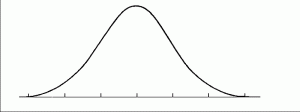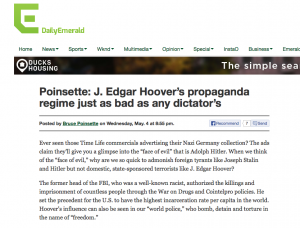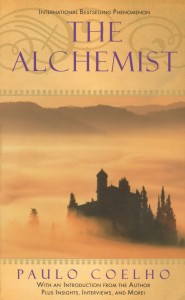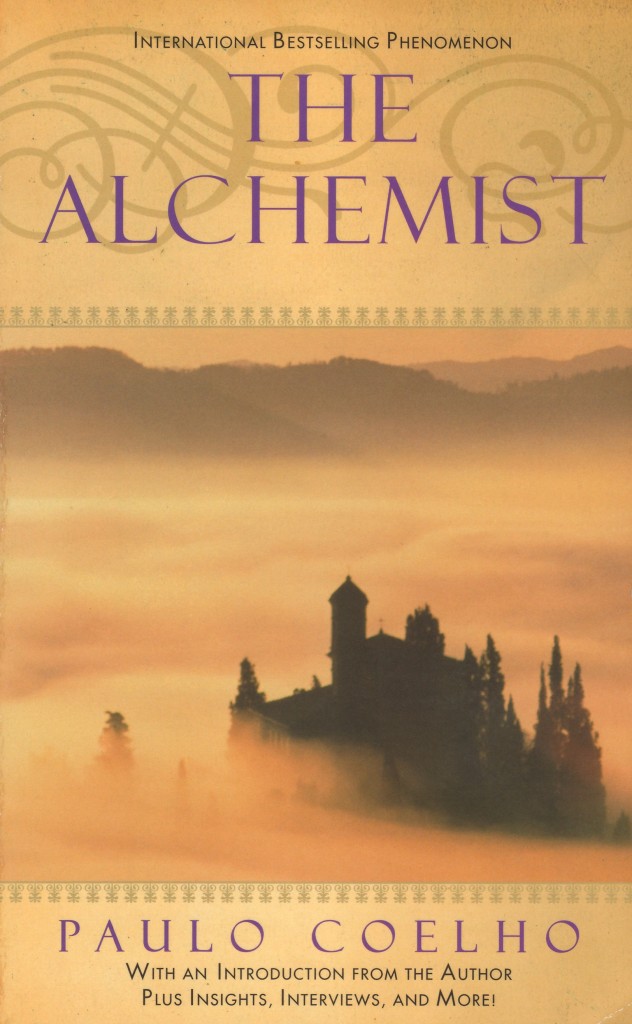 When I was a kid, I looked up to Shaq. By the end of college, I wanted to be a cross between Huey P. Newton and Earl Graves.
When I was a kid, I looked up to Shaq. By the end of college, I wanted to be a cross between Huey P. Newton and Earl Graves.
Now that I’m 25, I idolize happiness.
I’ve come to realize that life is a bell curve. You come into this world knowing nothing and gravitating to what makes you happy. Then, at some point, you decide you want to grow up, taking cues from everything you associate with adulthood—changing how you dress, drinking coffee, aligning with a political group, grinding for the sake of grinding—to guide your journey. It’s a process of trial and error, constantly burning your hand on the proverbial stove. Many adjust or even retreat from their dreams along the way.
But, eventually it hits you.
Why do you have to compromise? What happened to the enthusiasm you woke up with every day as a child?
Then the search for your inner child begins. Armed with the accountability and responsibility you learned growing up, you begin the process of growing down.
Your inner child holds the key to the infinite flat line on the end of the bell curve: peace.
The happiest people I know are grown up kids—adults who have the audacity to still dream. They don’t chase money, status or the lives of people they’ve read about or seen on TV. They know who they are and what they want. Their lives aren’t always easy but being around them, you can’t help but feel a sense of peace.
It’s not a coincidence that many of these adults are elderly, not knowing how many days they have left. However, some of us figure it out a little sooner.
I recently read an interview with Angel Haze. The journalist asked her where she saw herself in five years.
 She said, “Hopefully I’ve put out at least three albums. And then I wanna go and buy a house in Montana somewhere and become a shadow writer. [I’ll] never leave the house, [I’ll] just write all day. And I wanna build a Chipotle next door and a Starbucks next door. And just have like, a gang of bitches and a gang of boys that I keep at a distance, you know, just when I need ‘em.
She said, “Hopefully I’ve put out at least three albums. And then I wanna go and buy a house in Montana somewhere and become a shadow writer. [I’ll] never leave the house, [I’ll] just write all day. And I wanna build a Chipotle next door and a Starbucks next door. And just have like, a gang of bitches and a gang of boys that I keep at a distance, you know, just when I need ‘em.
I wanna do [music] for a very short amount of time. I don’t wanna get lost in it. I wanted to be a doctor, and I hope to go back to school and study psychology. I don’t want to do just one thing.”
Haze is 22.
The last time I can remember being that optimistic and unwavering in my ambitions, I was in seventh grade, telling myself I could make it to the NBA.
12 years later, that dream is long gone. Yet, knowing what I know now, I’d never trade in the five years that followed, where I took on weight and skill training, studied countless hours of game footage, and knocked out hundreds of thousands of pushups. I wouldn’t rewrite history so I didn’t take those losses at AAU tryouts and quit senior year, at the height of my talents, with a legitimate shot to make a name for myself on the varsity stage.
I chased what I truly wanted and when I lost the inspiration, I moved on.
No matter how old my body feels, I still find my way onto a court from time to time because the love never left.
In the time since high school, I’ve come to embrace one of my other passions—writing.
Up until last week, I spent my days in an office, deteriorating mentally and physically, because I thought those were the dues I had to pay to be a writer.
I’ve been writing since the first grade but I never told anyone I wanted to be a journalist until senior year of high school, when people started pressuring me for answers about college and my future career. Journalism was the only thing I knew that paid in the short run. I’d written a successful column for the town newspaper my junior year, so I had experience, right?
 I didn’t apply to the school paper until my senior year of college and even then, I was writing a column.
I didn’t apply to the school paper until my senior year of college and even then, I was writing a column.
My first published piece of straight reporting was an effort to get hired at The Skanner.
Two years since that successful effort, I’ve come to realize that I can’t force a journalism career on myself, no matter how sensible it sounds.
It’s been almost the exact opposite of high school basketball, where instead of grinding every waking moment to prove myself, I’ve somehow managed to establish my name on autopilot. Popular current and former writers were checking for my work and I consistently got more views than my coworkers in my final months. I’d found a way to leverage my skill into money, the epitome of an adjusted, adult dream.
But why did I feel miserable every day?
What happened to the soon-to-be college grad that wanted to be both Huey Newton and Earl Graves? Wasting away in the office every day soured me on both of those reading-inspired dreams. That was bound to happen.
But what about the first grader who used to write his own Goosebumps stories? Where did he go? Both that child and the adult who would come home and write in his notebook every day were all but forgotten in my last weeks at the office.
Who was I to complain though? I certainly didn’t have the roughest job nor anywhere close to the worst circumstances outside of work. So what was I complaining for? Better people have met the same fate. That’s what adulthood is all about, right?
Then it hit me—this makes no sense. I’m making a long commute back and forth, not taking lunch breaks so I can squeeze out as much of a check as possible, because adulthood is supposed to be about being as miserable as everyone else. Really?
Do I even know what I really want in life? When is the last time I took the time to answer that question?
Maybe Bruce as a kid had it right after all. To this day, I still love reading, writing, basketball, laughing, exchanging thoughts with others, and taking care of those I love.
Instead of striving for status or enough money to make sitting in an office every day tolerable, why not live for those things?
I was recently at a gathering that included a few “grown up kids” with similar interests as myself. When I asked my girl what she thought the difference was between them and me, she told me they were comfortable with themselves. They get castigated all the time for how they choose to live their lives but it doesn’t matter.
Thinking about that reminded me of a passage from“The Alchemist” by Paulo Coelho:
 “Everyone, when they are young, knows what their Personal Legend is. At that point in their lives, everything is clear and everything is possible. They are not afraid to dream, and to yearn for everything they would like to see happen to them in their lives. But, as time passes, a mysterious force begins to convince them that it will be impossible for them to realize their Personal Legend.”
“Everyone, when they are young, knows what their Personal Legend is. At that point in their lives, everything is clear and everything is possible. They are not afraid to dream, and to yearn for everything they would like to see happen to them in their lives. But, as time passes, a mysterious force begins to convince them that it will be impossible for them to realize their Personal Legend.”
Somewhere around sophomore or junior year of high school, I started living life as if I had something to prove. It’s resulted in a number of evolutions in both my social and professional life, few of which have stuck more than a couple years.
The binding thread between the things that have stuck is that they feel right. I do them for me because they stimulate my inner child.
If working a job that feels like slow death is neither stimulating the youthful enthusiasm, nor getting me to a place where I can, then what’s the point of making the bell curve taller? When things don’t make sense, it’s never too early to begin the slide down.
I look forward to meeting that first grader who used to write his own Goosebumps when I get down there. I can’t wait to tell him how smart he is.
